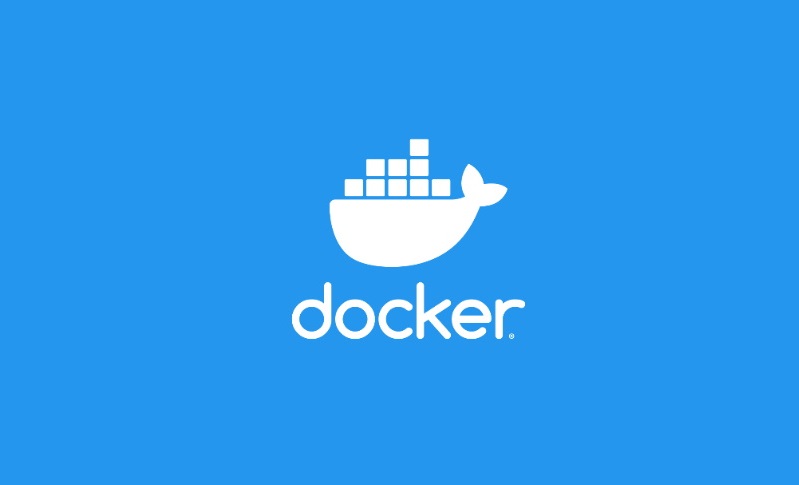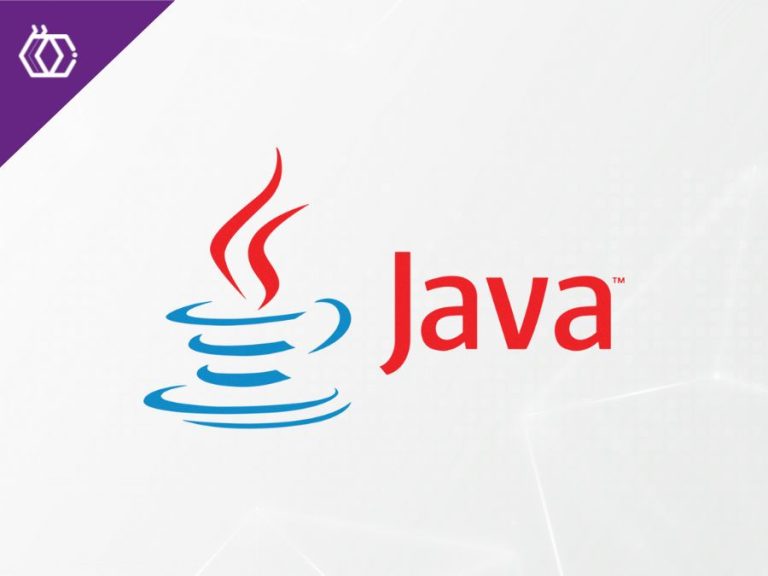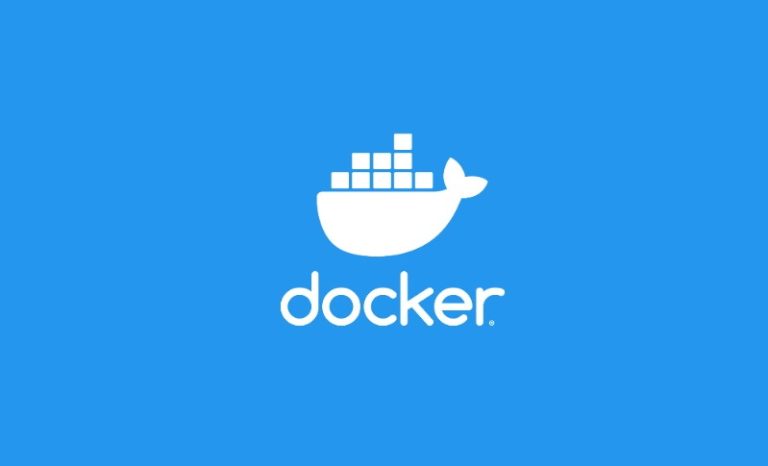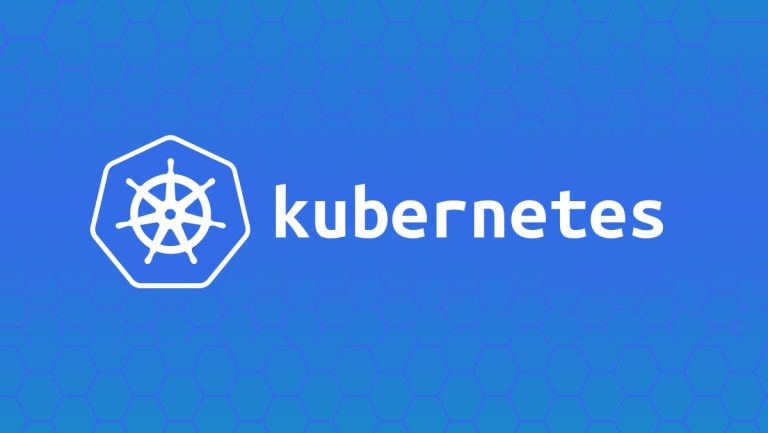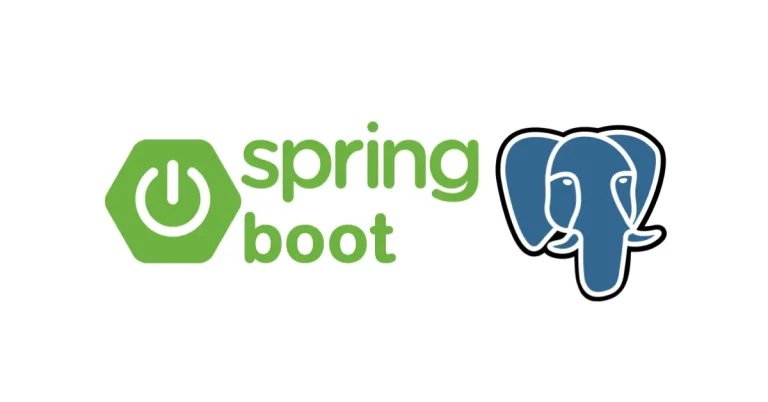Top Docker Learning Roadmaps – Beginner to Advanced (2025)
Docker has undeniably become a vital skill for developers and DevOps professionals alike. By enabling easy application deployment through containerization, Docker ensures consistency across development, staging, and production environments. It simplifies workflows, minimizes compatibility issues, and is an integral part of modern tech stacks, including microservices and cloud-native development.
This guide provides a step-by-step Docker Learning Roadmap for 2025, tailored to help you progress from beginner to advanced levels. Whether you’re new to Docker or looking to deepen your expertise, this roadmap includes recommended resources, practical projects, and tools to guide you through every stage of your learning.
Table of Contents
1. Introduction to Docker’s Relevance in 2025
Docker has fundamentally changed the way software is built, shipped, and run. With the widespread adoption of DevOps practices, containerization has become the go-to method for creating seamless development and deployment environments.
Why Learn Docker in 2025?
- Career Growth: Docker is a must-have skill for software engineers, DevOps professionals, cloud architects, and site reliability engineers (SREs).
- Scalability: It’s vital for handling microservices and Kubernetes-based architectures.
- Cloud Integration: Nearly all cloud platforms (AWS, Azure, GCP) actively support Docker containers.
Whether you’re starting your tech career or advancing an existing one, Docker is the key to unlocking opportunities in modern software development.
2. Beginner’s Docker Learning Path
Key Concepts for Beginners
To start with Docker, it’s crucial to understand its foundational concepts and how it simplifies containerization. Key topics include:
- What is Docker? – Understanding the purpose and benefits of containerization.
- Containers vs. Virtual Machines – How containers differ from traditional VMs.
- Core Components: Docker Engine, Docker Images, Containers, and Docker Hub.
- Basic Commands:
docker run,docker pull,docker build, anddocker ps. - Creating Dockerfiles: Learn how to create and customize your own container images.
Recommended Resources for Beginners
- Docker Academy Basics Course (Free): A beginner-friendly online course offered by Docker itself.
- Docker Official Documentation (Beginner Section): Clear, detailed, and perfect for first-time users. Link
- YouTube Channels:
Beginner-Level Docker Projects
Hands-on practice is critical at the beginner stage. Here are simple projects to help you get comfortable with Docker basics:
- Dockerize a Simple Web Application: Create a basic Flask or Node.js app and containerize it with Docker.
- Run a Pre-built Image: Deploy a database like MySQL or PostgreSQL using Docker Hub images.
- Create a Custom Dockerfile: Write a Dockerfile to containerize a Hello World application.
3. Intermediate Docker Learning Path
Key Concepts for Intermediate Learners
Once you’re familiar with the basics, move on to more complex Docker processes and integration techniques.
- Docker Compose: Learn to orchestrate multi-container applications.
- Volumes & Data Persistence: How to store data inside containers.
- Networking in Docker: Understand container communication and bridge networks.
- Docker Registry: Learn to use private registries and push custom images.
- Debugging Containers: Techniques for troubleshooting issues inside running containers.
Recommended Resources for Intermediate Learners
- KodeKloud Docker Courses: Covers advanced concepts like networking and Compose.
- “Docker in Practice (Manning Publications)” Book (Free Chapters Available): Step-by-step exercises on Docker Compose and more.
- Udemy Docker Intermediate Course (Free Access): Projects involving advanced Docker configurations.
Intermediate Docker Projects
These projects solidify your foundational knowledge while dealing with real-world scenarios:
- Build a LAMP Stack with Docker Compose: Create a multi-container application using MySQL, PHP, and Apache.
- Deploy a WordPress Site: Use Docker Compose to manage WordPress with a connected database.
- Host a Private Docker Registry: Set up and use your own image repository.
4. Advanced Docker Learning Path
Key Concepts for Advanced Learners
At this stage, you’ll focus on optimizing Docker for production environments and integrating it into enterprise workflows.
- Docker Swarm: Learn native Docker orchestration for scaling containers.
- Security Best Practices: Techniques for securing containers and images.
- Optimization: Build leaner container images for high performance.
- Integration with Kubernetes: Transition from Docker Compose to Kubernetes for container orchestration.
- CI/CD Pipelines: Learn to use Docker in continuous integration and deployment.
Recommended Resources for Advanced Learners
- Kubernetes.io: Deepen Kubernetes skills to complement your Docker expertise.
- Books:
- “Docker Deep Dive” by Nigel Poulton: Comprehensive insights into advanced Docker topics.
- Cloud-Specific Learning Paths: AWS and Azure both offer Docker training tailored to their platforms.
Advanced Docker Projects
Challenge yourself with real-world, production-level projects:
- Build a Microservices Application: Deploy multiple services using Docker Swarm or Kubernetes.
- Implement Docker CI/CD Pipeline: Use Jenkins or GitHub Actions to automate container builds.
- Containerize a Machine Learning Model: Deploy a TensorFlow or PyTorch model inside a Docker container.
5. Why Mastering Docker Should Be on Your Radar
Mastering Docker in 2025 opens endless opportunities. Its versatility and portability make containerization a core skill for developers and DevOps professionals. With most organizations transitioning to containerized workflows, building expertise in Docker ensures you remain relevant in the competitive tech industry.
6. FAQs About Docker Learning Paths
1. How long does it take to learn Docker?
Beginners can grasp the basics in 1-2 weeks with consistent daily practice, while mastering advanced concepts may take a few months.
2. Do I need a coding background to learn Docker?
While prior programming knowledge is helpful, you can start with Docker basics without coding expertise.
3. How is Docker different from Kubernetes?
Docker is a containerization platform, while Kubernetes is a container orchestration tool designed to manage multiple containers efficiently.
4. Can I use Docker without Linux knowledge?
Yes, Docker works on Windows and macOS. However, familiarity with Linux commands helps, as many Docker images are Linux-based.
With this roadmap, your Docker learning curve becomes structured, seamless, and effective. Start today and become a containerization pro, ready to tackle any production environment by mastering Docker in 2025!
